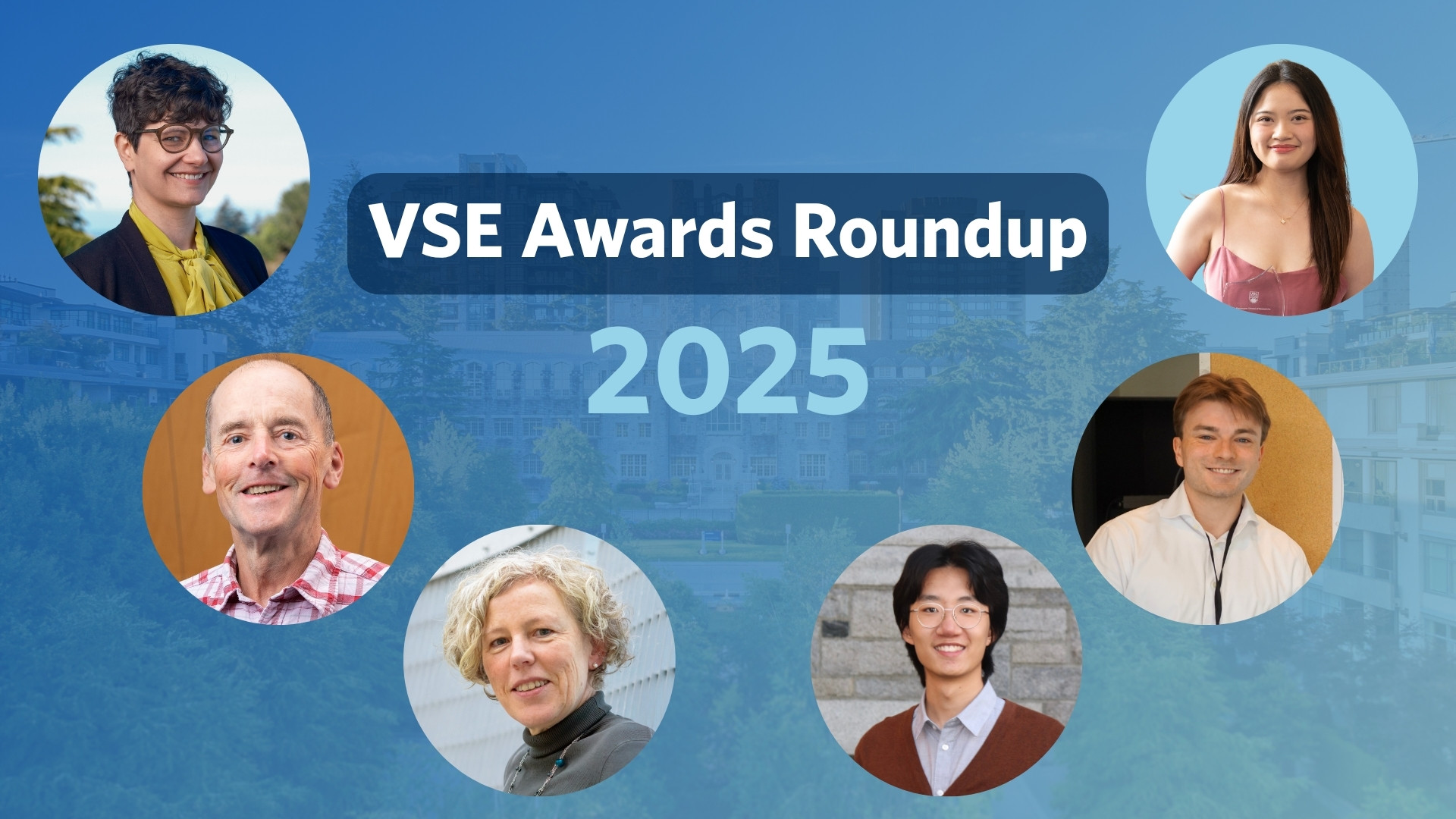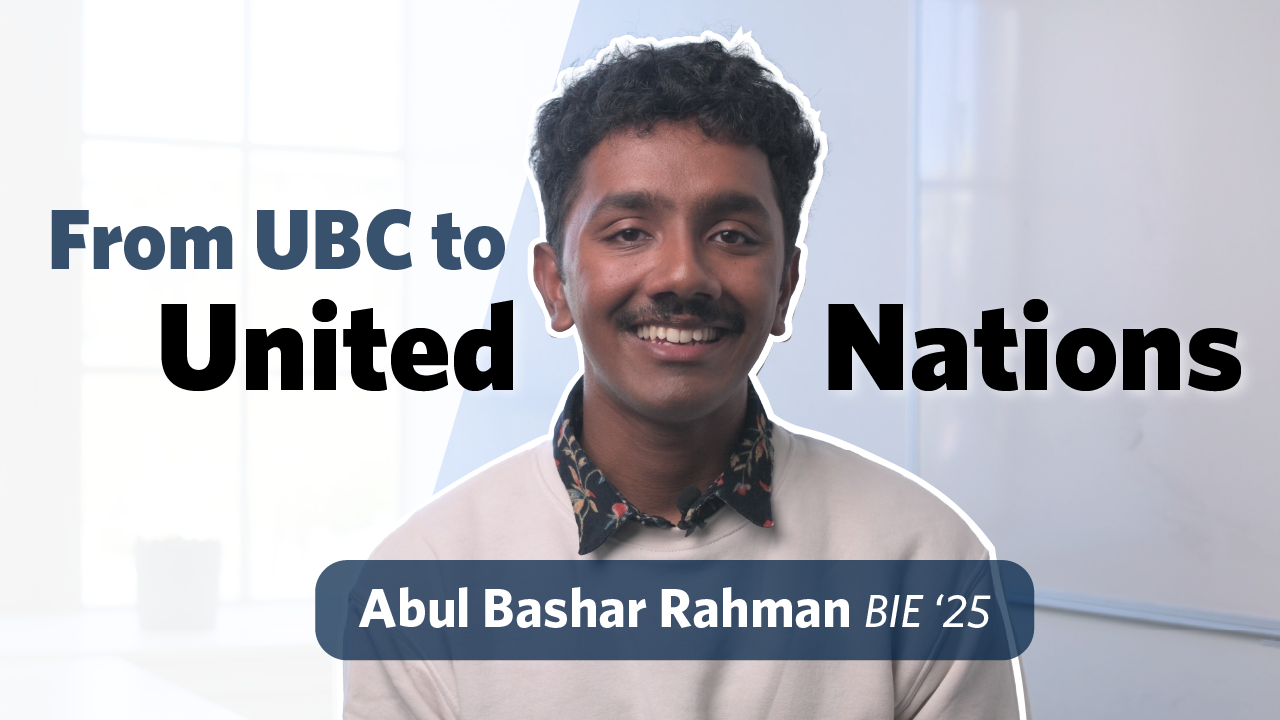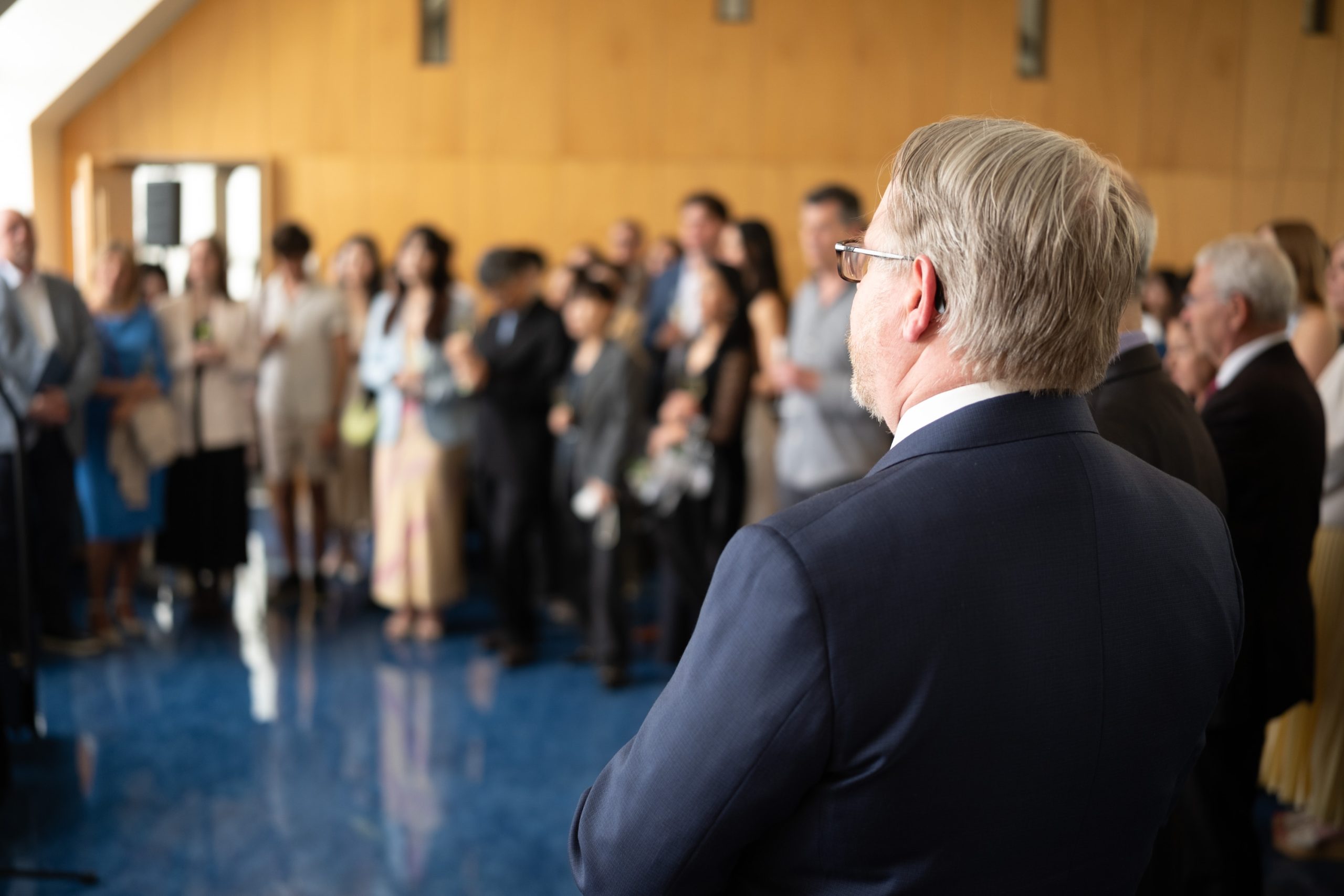

The second course seeks to tackle the fundamental question of why some countries are rich, and others poor. Integrating both economic theory and empirical analysis, Dr. Murphy challenges students to “address problems involving the formulation, implementation, and assessment of policies in poor regions of the world.”
Dr. Murphy is an Associate Professor at Universidad de San Andrés (UdeSA, Argentina), where he is head of the Economics Department. He holds a PhD in Economics from Oxford University (UK), an MPhil in Development Studies from Cambridge University (UK), and a BA and MA in Economics from UdeSA (Arg). He has taught courses at Oxford, Bocconi, and UdeSA, where in 2023 he received the university-wide teaching award.
Registration for these courses is available now on the SSC!
Detailed Course descriptions:
Few questions in social science are more significant than why some countries are rich and others poor. This course will look into key debates for understanding the complex process of development. It will integrate economic theory with empirical analysis to address problems involving the formulation, implementation, and assessment of policies in poor regions of the world. We will, for example, wonder whether the poor are ‘stuck’ in poverty or not, discuss how human capital affects development, ask whether having large families benefit or hurt the poor, and explore why so many developing countries choose bad policies.
This course looks into how religion influences the economy, but also into how economics –with the help of other disciplines such as history, sociology or anthropology– can be used to think about religion. We will address questions like: Does religion foster or hinder growth? Does it promote pro-social values that contributes to the development of markets? Do churches behave like firms? What is the link between religion and human capital? And between religion and violence? Since religion can be thought as a particular form of culture, we’ll also discuss many things related to that, such as how we think about culture in social sciences.
To learn more about Dr. Murphy, click here.


